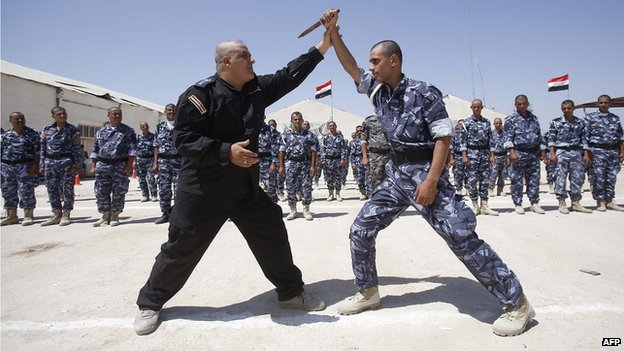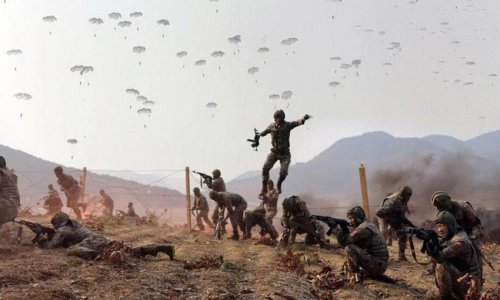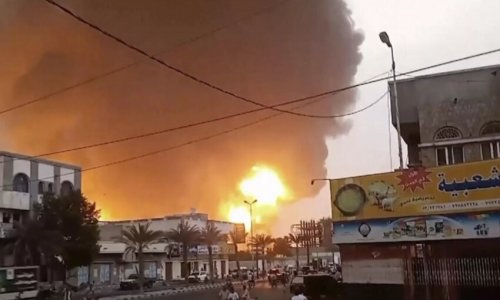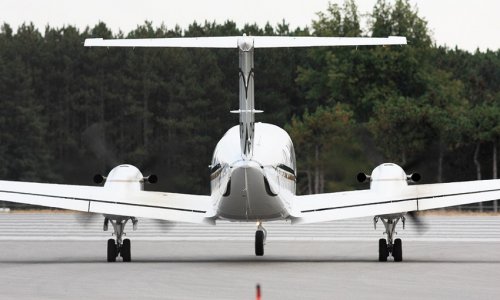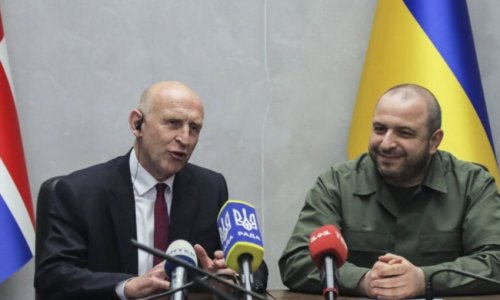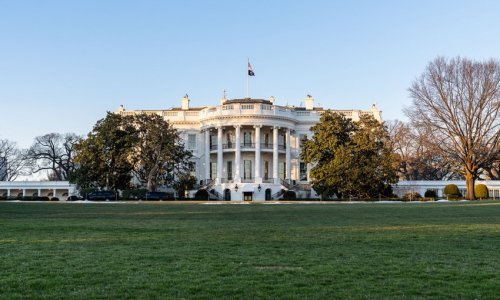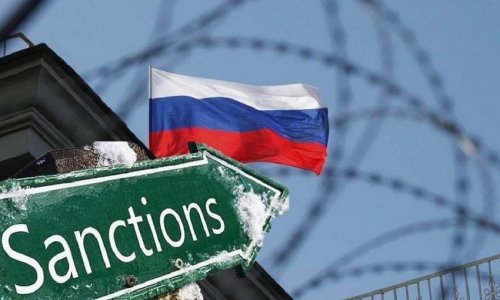If you read the newspapers or watch television news it's easy to come away with the feeling that ISIS is a conquering army, sweeping everything before it as it rushes towards Baghdad: a little like the Viet Cong advancing on Saigon in 1975, perhaps.
It is true that ISIS is now attacking Baquba, just 37 miles down the road from Baghdad. It is also true that it terrified the national army last week, and that three regular divisions simply collapsed as ISIS advanced.ISIS is hugely rich - its capture of the Iraqi city of Mosul probably brought in an extra two billion dollars to its coffers - and appallingly brutal.Buying bulletsNow, though, the fighting in Baquba may have changed things. The forces which seem to have pushed the ISIS fighters out of the town centre are partly composed of enthusiastic Shia volunteers who have been rushing to attack their Sunni enemies.In Baghdad, bullets and pistols have tripled in price, and you can scarcely buy a Kalashnikov at all. But this is not because nervous citizens are arming themselves against the ISIS onslaught; it is due to the huge demand from the Shia volunteers.More importantly, in Baquba ISIS is getting close to the edge of Sunni Iraq. There are two big Sunni suburbs on the edge of Baghdad, Amiriya and Khadra, which may soon pose a problem to the Iraqi government, but the city itself is predominantly Shia.For an organisation of fewer than 10,000 fighters to be able to capture Baghdad and hold it would require a wholesale collapse of morale among Shia Iraqis: something that is hard to imagine, especially after the savage photographs and videos that ISIS fighters have been putting on Twitter and the web.Iranian influenceShias know very well that ISIS regards them as heretics to be wiped out. No mercy can be expected from an organisation which boasts of crucifying its victims or using their heads as a football.Now, though, there is another factor in the equation: international help. The 275 US military personnel who, the US government says, are coming to Baghdad are nowhere near as important as one single Iranian soldier who is here already.As the world's predominant Shia nation, Iran has sent a general from the elite al-Quds force of its Revolutionary Guards to advise on the defence of Baghdad.Brig Gen Qasem Soleimani is a symbol of Iran's determination to preserve the huge influence it has built up over the government of Iraq.Indeed, Western diplomats blame many of the current problems which have grown up between Sunnis and Shias on the willingness of Iraqi Prime Minister Nouri Maliki to follow Iran's demands.If you listen to statements from the White House or the British Foreign Office, you would think they were judiciously allowing Iran in from the cold, so it can play a minor role in this crisis.In fact they are simply acknowledging that Iran is the sole external power which, if things go badly wrong, can save Iraq. Neither Britain nor the US will intervene here seriously, and everyone knows it.ISIS eruptionOnly a year ago, most thoughtful people here believed that Iraq would probably hold together as a unified country. Clearly, the Kurdish north-east was to all intents and purposes independent, but it still accepted that it should notionally remain a part of Iraq.Sunnis in the rest of Iraq increasingly disliked what seemed to them to be rule by Shia politicians, but even so the balance of advantage still seemed to lie with staying inside Iraq.Now the eruption of ISIS, straddling the border with Syria, has changed all that.Many Sunnis, particularly the conservative ones who started turning against al-Qaeda eight years ago, and enabled the US forces to leave Iraq with what seemed at the time to be dignity, are not at all happy that ISIS should control their towns and villages.But the danger of the present fight-back by Shia volunteers is that they will victimise ordinary Sunnis, and make them feel that ISIS is the only group that can protect them.In other words, this has the potential to turn into a clear-cut religious war, with the possibility of mass "cleansing" of civilians and brutality on a large scale.So things at present may not be quite as bad here as people abroad think; but they could turn out that way if the fighting is not ended quickly and clearly.(BBC)Bakudaily.az
Follow us !

